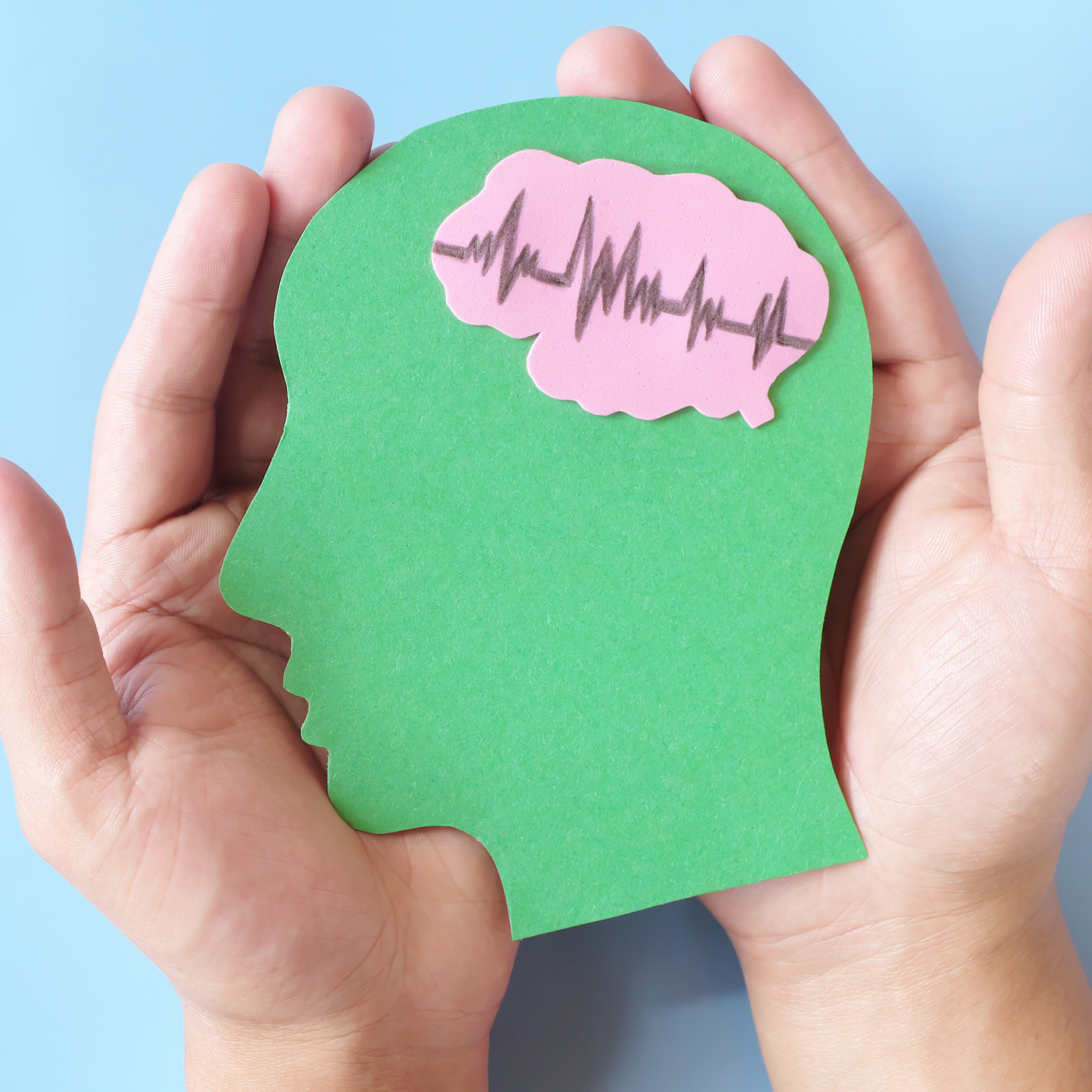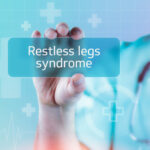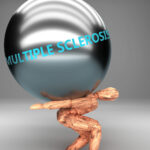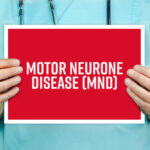Epilepsy is a condition that affects millions of people worldwide and about 1 in every 103 people in the UK. Epilepsy causes recurrent seizures that can have a profound impact on daily life. While there are medications available to manage seizures, not everyone responds well to them, and some people experience unwanted side effects. This has led researchers to investigate alternative treatments, with cannabis emerging as a potential option. In this article, we’ll explore the use of cannabis in treating epilepsy in simple terms, focusing on how it might help and what you need to know.
The Endocannabinoid System and Epilepsy
Inside our bodies, we have something called the endocannabinoid system (ECS), which is like a communication network. It helps regulate various functions, including pain, mood, and appetite. Interestingly, the ECS also plays a role in controlling seizures.
It is useful to think of the ECS as having three main parts:
Endocannabinoids: These are natural compounds made by our bodies that act like messengers. Cannabinoid receptors: These are like receivers in our body that listen to the messages sent by endocannabinoids. Enzymes: These enzymes help break down endocannabinoids once their job is done.
Medical Cannabis and Epilepsy
Medical Cannabis contains compounds called cannabinoids. Some of these are found naturally in the cannabis plant (phytocannabinoids), while others are made inside our bodies (endocannabinoids). One well-known cannabinoid is tetrahydrocannabinol (THC), which can make you feel ‘high.’ However, another important cannabinoid is cannabidiol (CBD), which has gained attention for its potential to help with epilepsy.
Cannabidiol (CBD) is a non-psychoactive cannabinoid found in medical cannabis. It has shown promise in reducing seizures and improving the quality of life for people with epilepsy. The way CBD works in epilepsy is not fully understood, but it probably includes the following: Helping to calm down overexcited brain cells; regulating channels in the brain to help prevent seizures and reducing inflammation and protecting brain cells.
Clinical Evidence for Cannabis in Epilepsy
Many studies have looked at how cannabis and CBD might help people with epilepsy. Some specific types of epilepsy, like Dravet syndrome and Lennox-Gastaut syndrome, have been especially challenging to treat with regular medications. However, CBD-based medications have shown promise in reducing seizures for some patients with these conditions.
It is important to note that while results in some types of epilepsy are promising, more research is needed to fully understand how cannabis and CBD can help people with different types of epilepsy. NICE (National Institute for Health and Care Excellence) has produced guidelines on cannabis-based medicinal products (Guidance NG144). This includes the use of medical cannabis in epilepsy. Recommendations include that initial prescription of cannabis-based medicinal products must be made by a registered specialist medical practitioner and they should also have a special interest in the condition being treated, such as epilepsy. In addition, these specialist prescribers should record details of treatment, clinical outcomes and adverse effects for people prescribed cannabis-based medicinal products, using local or national registers if available.
Safety Considerations
Using cannabis or CBD for epilepsy does come with concerns and precautions: These include interactions with other medications: Cannabis and CBD can interact with other medications you might be taking, including epilepsy medications. It is crucial to talk to your healthcare provider to make sure medical cannabis is safe for you. Some people experience side effects when using CBD, these include tiredness, changes in appetite, and diarrhoea. Your doctor should monitor you closely to manage any side effects.
The quality of the cannabis you are taking is also important. Not all cannabis products are created equal. It is essential to ensure you are taking high-quality, tested medical cannabis products to get the most benefit and avoid harmful substances. THC-containing products can cause psychoactive effects like feeling ‘high.’ This can be a concern for some people, especially if they need to stay alert and focused. NICE advises people to stop any non-prescribed cannabis, including over-the-counter, online and illicit products.
In conclusion,medical cannabis and CBD have shown promise as potential treatments for epilepsy, particularly for those who have not responded well to other medications. However, it is essential to approach these options with caution and under the guidance of a healthcare professional. While the research is encouraging, more studies are needed to fully understand the long-term effects and the best ways to use medical cannabis for epilepsy. If you or a loved one is considering medical cannabis as a treatment, be sure to consult with a specialist healthcare provider to make an informed decision about its suitability for your specific situation.
Medical Cannabis, Epilepsy and MyAccess Clinics
In the United Kingdom, although medical cannabis was legalised in 2018, it can only be prescribed by a registered specialist. At MyAccess Clinics, a leading UK medical clinic, our specialists aim to provide high-quality, personalised medical care to those who have tried at least two other types of therapies and treatments. Dr Michal Modestowicz, MD, PhD, MRCP(UK), FEBN, (known to his patients as Dr Mike) is a Consultant Neurologist at MyAccess Clinics specialising in a range of neurological conditions including epilepsy. He trained in both the UK and Poland and he is an advocate of holistic approach to health and wellbeing.





